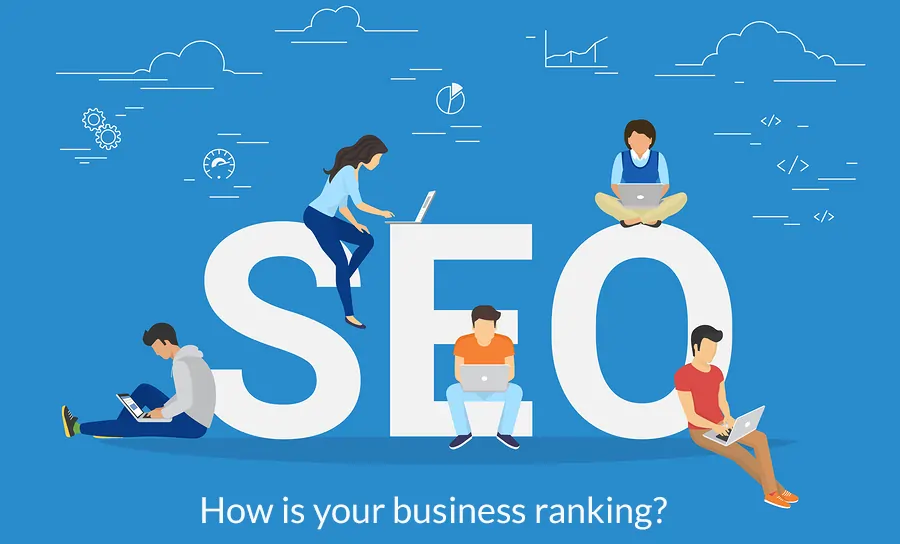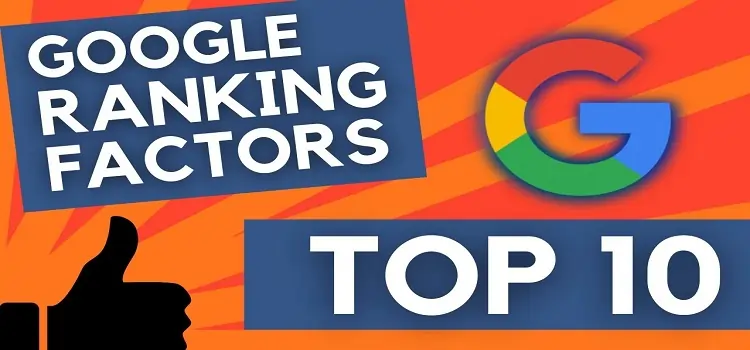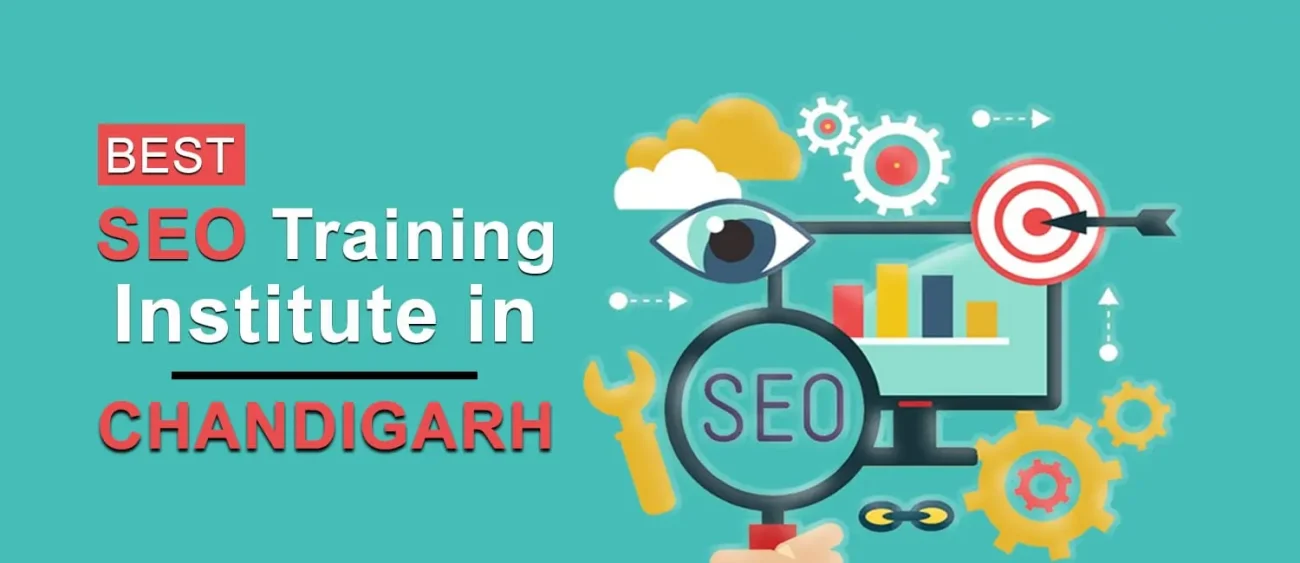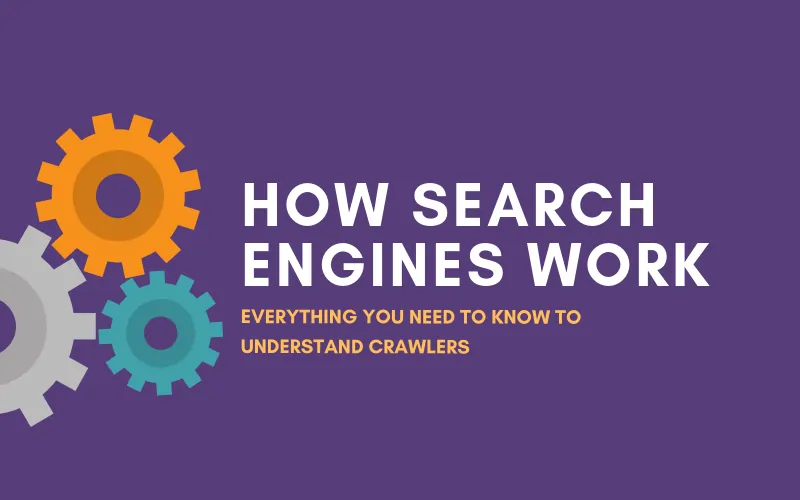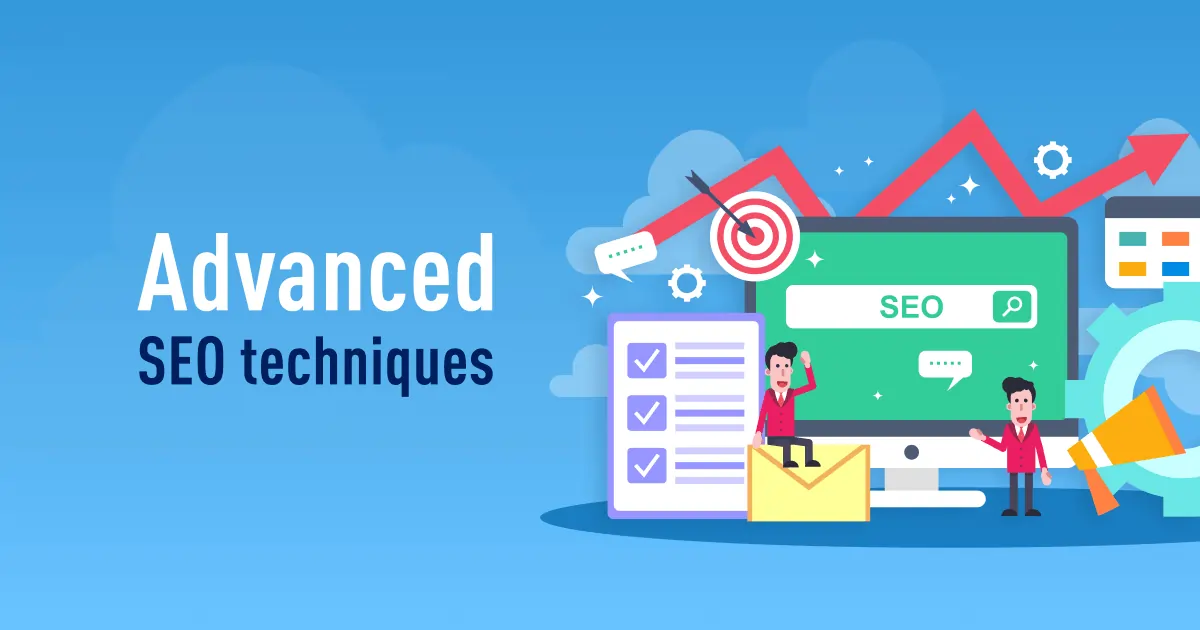Why is SEO important to businesses ?

Why is SEO Important to Businesses?
Introduction
In today’s digital age, having a strong online presence is crucial for businesses of all sizes. One of the key strategies for achieving online success is search engine optimization (SEO). In this article, we will explore why SEO is important to businesses and how it can significantly impact their online visibility and overall success.
The Power of SEO
Understanding the Basics
Before we delve into the importance of SEO, let’s first understand what it entails. SEO is a multifaceted approach aimed at improving a website’s visibility on search engine result pages (SERPs). It involves optimizing various elements of a website, including its content, structure, and HTML coding, to increase its chances of ranking higher in organic search results.
Increasing Online Visibility
One of the primary reasons why SEO is crucial to businesses is its ability to boost online visibility. When your website ranks higher in search engine results, it becomes more visible to potential customers who are actively searching for products or services related to your industry. Increased visibility leads to higher organic traffic, which in turn can result in more leads, conversions, and ultimately, revenue.
Establishing Credibility and Trust
Ranking high on search engine result pages not only increases visibility but also establishes credibility and trust among users. When a website appears on the first page of search results, it is often perceived as more reliable and trustworthy. Users tend to associate top-ranking websites with industry authority, expertise, and quality, which can significantly influence their purchasing decisions.
Targeted Traffic and Higher Conversions
Unlike traditional advertising methods, SEO allows businesses to target specific audiences who are actively searching for products or services they offer. By optimizing your website for relevant keywords and phrases, you attract highly targeted traffic that is more likely to convert into paying customers. This targeted approach not only increases the chances of conversions but also provides a higher return on investment (ROI) compared to other marketing strategies.
Long-Term Sustainable Results
Another significant advantage of SEO is its ability to provide long-term sustainable results. While other marketing tactics, such as paid advertising, deliver immediate results, they are often short-lived. On the other hand, the effects of SEO can be long-lasting. Once your website achieves a high ranking, it becomes relatively easier to maintain that position with ongoing optimization efforts. This sustained visibility and traffic can lead to consistent business growth and increased market share over time.
Incorporating LSI Keywords in SEO
Understanding Latent Semantic Indexing (LSI)
Incorporating LSI keywords in SEO is an essential aspect of optimizing your website’s content. LSI keywords are terms and phrases that are semantically related to your primary keyword. Search engines use LSI to understand the context and relevance of a webpage’s content. By incorporating LSI keywords naturally throughout your content, you improve the overall topical relevance and enhance your chances of ranking higher in search results.
Benefits of Using LSI Keywords
Using LSI keywords in your SEO strategy offers several benefits. Firstly, it helps search engines better understand the subject matter of your content, which can lead to improved rankings. Secondly, LSI keywords help you diversify your content, making it more comprehensive and valuable to your audience. Additionally, incorporating LSI keywords can help you capture a wider range of search queries and attract a broader audience to your website.
How to Outrank Competitors in Google
Now that we understand the importance of SEO and incorporating LSI keywords, let’s discuss how to outrank your competitors in Google. By following these strategies, you can increase your website’s visibility and surpass your competitors in search engine rankings:
1. Conduct Comprehensive Keyword Research
Start by conducting thorough keyword research to identify the most relevant and high-performing keywords for your business. Use keyword research tools to uncover search volume, competition, and related keywords. Focus on long-tail keywords that have lower competition but higher conversion potential.
2. Optimize On-Page Elements
Optimize your website’s on-page elements to align with your target keywords. This includes optimizing your page titles, meta descriptions, headers (H1, H2, H3), and URL structures. Incorporate your primary keyword and LSI keywords naturally within these elements to increase their relevance to search engines.
3. Create High-Quality and Engaging Content
Develop high-quality, informative, and engaging content that satisfies the search intent of your target audience. Craft articles, blog posts, and other forms of content that provide valuable insights, practical tips, and relevant information. Incorporate your target keyword and LSI keywords strategically throughout the content while maintaining a natural flow.
4. Build High-Quality Backlinks
Acquire high-quality backlinks from reputable and authoritative websites in your industry. Backlinks act as a vote of confidence for search engines, indicating the credibility and trustworthiness of your website. Focus on building organic backlinks through guest posting, influencer outreach, and creating valuable content that naturally attracts links.
5. Optimize Website Speed and Mobile Experience
Ensure that your website loads quickly and provides a seamless experience across different devices, especially mobile devices. Optimize your website’s performance by compressing images, minifying CSS and JavaScript files, and leveraging browser caching. A fast and mobile-friendly website improves user experience and positively impacts search engine rankings.
6. Leverage Social Media and Online Marketing
Promote your content and engage with your audience through social media platforms. Share your articles, blog posts, and other valuable content to increase visibility and attract organic traffic. Encourage social sharing and interactions to expand your reach and build a strong online presence.
7. Monitor and Analyze Your SEO Efforts
Regularly monitor and analyze the performance of your SEO efforts using tools like Google Analytics and Google Search Console. Track keyword rankings, organic traffic, bounce rates, and conversion rates to identify areas for improvement. Adjust your strategies based on data-driven insights to continuously optimize your website’s performance.
Conclusion
In today’s digital landscape, SEO plays a pivotal role in the success of businesses. By understanding why SEO is important and implementing effective strategies, businesses can improve their online visibility, attract targeted traffic, and outperform competitors in search engine rankings. Incorporate LSI keywords, optimize on-page elements, create high-quality content, build quality backlinks, optimize website speed, leverage social media, and monitor your SEO efforts to achieve long-term sustainable results. Stay proactive, adapt to algorithm updates, and consistently refine your SEO strategies to stay ahead in the ever-evolving online landscape.
FAQs
Q1: What is the role of SEO in business growth?
SEO plays a crucial role in business growth by increasing online visibility, establishing credibility, attracting targeted traffic, and providing long-term sustainable results.
Q2: How can LSI keywords benefit SEO?
LSI keywords help search engines understand the context and relevance of your content, leading to improved rankings and a broader audience reach.
Q3: How can I outrank my competitors in Google?
To outrank your competitors, conduct thorough keyword research, optimize on-page elements, create high-quality content, build quality backlinks, optimize website speed, leverage social media, and monitor your SEO efforts.
Q4: Why is website speed important for SEO?
Website speed is crucial for SEO because it directly impacts user experience and search engine rankings. A fast-loading website provides a better user experience, reduces bounce rates, and increases the chances of higher rankings in search results.
Q5: How often should I monitor my SEO efforts?
It is recommended to monitor your SEO efforts regularly, at least once a month. This allows you to track the performance of your keywords, organic traffic, and other important metrics, and make necessary adjustments to your strategies.
Q6: Can I achieve SEO success without incorporating LSI keywords?
While it is possible to achieve some level of SEO success without incorporating LSI keywords, using them strategically can significantly enhance the topical relevance of your content and improve your chances of ranking higher in search results.



